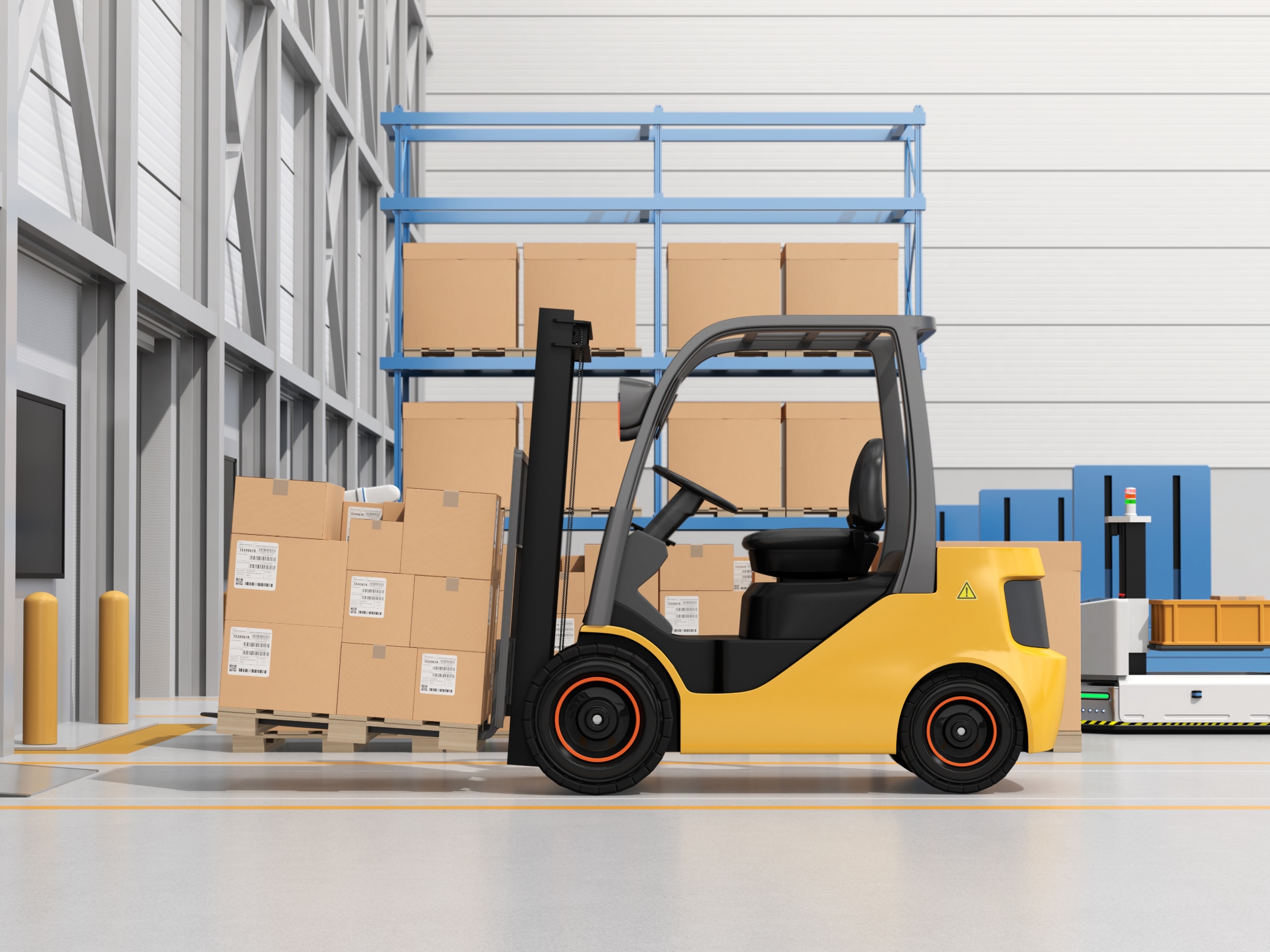Electric Forklifts Supply Powerful Benefits
Organizations across the country are switching to electric forklifts. Why? Learn how electric forklifts stack up against conventional internal combustion models.
Published:

All along the supply chain, companies are switching from internal combustion (IC) forklifts to electric ones. These companies want to reduce their environmental footprint, lower costs and provide a safer working environment — and electric forklifts offer benefits that can help them achieve those goals.
Electric and IC forklifts: How they stack up
Comparing them side by side, electric forklifts have a number of advantages over IC models.
- Lower operating costs. Electric forklifts typically cost less to operate than fuel-powered models, depending on energy rates.
- Less maintenance. Electric forklifts have fewer moving parts than IC units. There are no spark plugs, belts, filters or oil to change, and no pistons or catalytic converters to replace.
- Environmentally friendly. Most electric forklifts produce zero emissions, eliminating greenhouse gases and harmful carbon monoxide. With no combustion sources, ventilation and monitoring costs are lower. Spill control and remediation costs are also reduced.
- Less noise. Decibel volume of an electric forklift is roughly equivalent to a conversation level, providing much quieter operation.
- Flexibility. Because they can generate as much torque as gas forklifts, electric units can handle just about any load, from light to heavy.
- Easy to maneuver. The weight of the electric forklift battery acts as a steady counterbalance to the forklift's compact size, providing superior maneuverability.
- Improved safety. Potential injury from handling fuel cylinders is eliminated. Employees are no longer exposed to fumes from fuels and spills and potential fire hazards.
Electric forklifts can cost more to purchase than their IC counterparts, and they require a charging infrastructure. They're more suitable for indoors because they're affected by cold or wet weather conditions. Cold temperatures can reduce run time on electric forklifts using standard lead-acid batteries. Lithium-ion (Li) batteries aren't as severely affected by cold, however. Forklifts using these batteries may be more suitable for outdoor or cold storage applications.
In general, the operating life of electric forklifts is similar to those of IC models. Some electric forklifts feature regenerative charging, where energy is recaptured during braking, extending operating time.
Construction supply company goes electric
Midwest Canvas, a manufacturer of high-performance packaging materials and construction supplies, uses a fleet of 10 forklifts to move product. With high repair costs, the company was looking for an alternative and decided to lease four electric forklifts. The average savings for the year after implementation were 50%. Additional benefits included a cleaner environment and long runtimes of 12 hours on a single battery charge.
